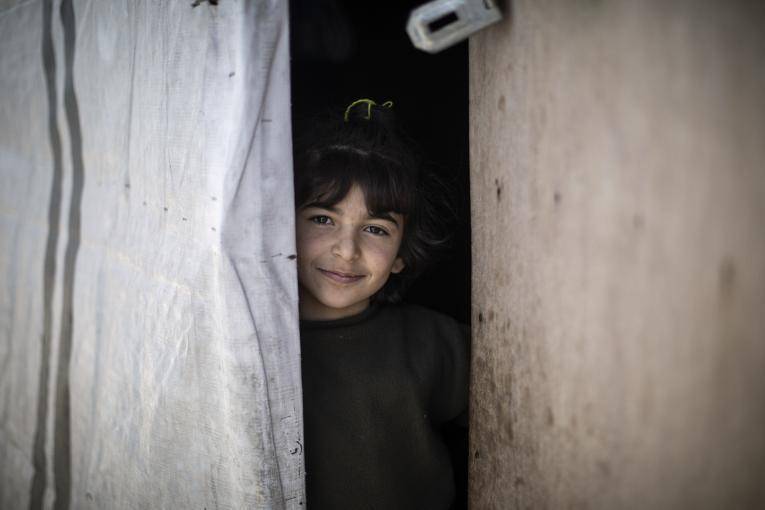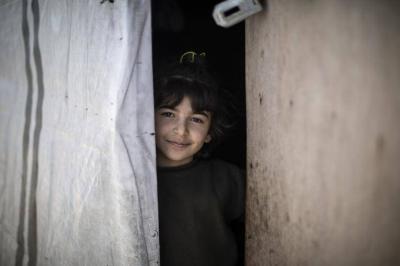The financial collapse in Lebanon has rapidly worsened over the past month, with much of the country paralyzed by fuel shortages that have led to security incidents across Lebanon. The swift deterioration of Lebanon, exacerbated by political stalemate, has raised concerns in the West. Some senior Lebanese officials have sounded alarm bells about a country that has spent 30 years slowly recovering from the civil war that lasted from 1975 to 1990. On Friday, Prime Minister Najib Mikati agreed to form a new government with President Michel Aoun, raising hopes that the state might finally take action to halt the collapse and re-enter negotiations with the International Monetary Fund, despite all previous governments' failures to implement necessary reforms. Below is an overview of the different aspects of the crisis.
**Economic Collapse**
Around 78% of Lebanese people have fallen into poverty over two years. The World Bank states it's one of the worst depressions in modern history. At the start of the crisis, Lebanon defaulted on its massive public debt, including $31 billion in Eurobonds still owed to creditors. The currency has lost over 90% of its value, destroying purchasing power in a country dependent on imports. The banking system has been crippled. With depositors prevented from withdrawing their savings in foreign currencies or forced to withdraw cash in the collapsing local currency, this effectively represents an 80% drop in the value of deposits. The World Food Programme reported that food prices have surged by 557% since October 2019, and the economy has contracted by 30% since 2017. Fuel shortages have paralyzed daily life, affecting essential services, including hospitals and bakeries. Vital medications are also lacking. Many skilled Lebanese have left the country in a continuous brain drain.
**Security**
Fuel shortages have led to confrontations at gas stations, forcing drivers to wait for hours and nearly causing armed confrontations over fuel disputes. Fuel transport trucks have been hijacked. One disagreement over gasoline in southern Lebanon escalated into a sectarian clash between neighboring Shiite and Christian villages. Diminished state authority has encouraged lawlessness in parts of Lebanon. Heavy machine guns and rocket projectiles were used in a recent battle between rival Sunni clans in northern Lebanon. All this increases pressure on security forces. Security leaders have warned about the impact of the crisis on state institutions, including the army, as soldiers' salaries decline with the fall of the lira. Major General Abbas Ibrahim, director of Lebanese security, urged his officers to stand firm against the crisis, warning of the chaos that would ensue from the state's collapse.
**Political Scene**
The prescription for repairing the situation is well-known. Donors have repeatedly promised funds if Lebanon begins reforms to address the root causes of the collapse, including taking steps to combat government corruption. Instead of doing what is necessary, Lebanon's sectarian politicians, many of whom fought in the civil war, have squabbled over seats in the new government for over a year before the breakthrough on Friday. Opponents of President Michel Aoun, a Maronite Christian, have accused Aoun and his Free Patriotic Movement of obstructing the process by demanding effective veto power in the new government. Aoun has repeatedly denied making this request. The dispute has sectarian dimensions, with Sunni politicians, including former Prime Minister Saad Hariri, accusing Aoun of trying to undermine the Prime Minister's seat designated for Sunni Muslims. Aoun is an ally of the Iran-backed Shiite group Hezbollah. On Friday, Mikati reassured Lebanese that the cabinet would set aside political disputes and focus on its assigned task. Political sources say that next spring's elections, which Mikati promised on Friday will take place on schedule, complicate the process, with parties more focused on maintaining their seats than on saving Lebanon. Hezbollah's decision to import fuel from Iran adds further complexity to the political scene. Hezbollah has repeatedly called for the formation of a new government. Opponents of Hezbollah accuse the group of further undermining the state and putting Lebanon at risk of U.S. sanctions. Gulf states, traditionally funders of Lebanon, have so far hesitated to provide support due to Hezbollah's growing influence. Mikati stated on Friday that Lebanon needs the Arab world and will not miss any opportunities to open doors with its Arab neighbors.




